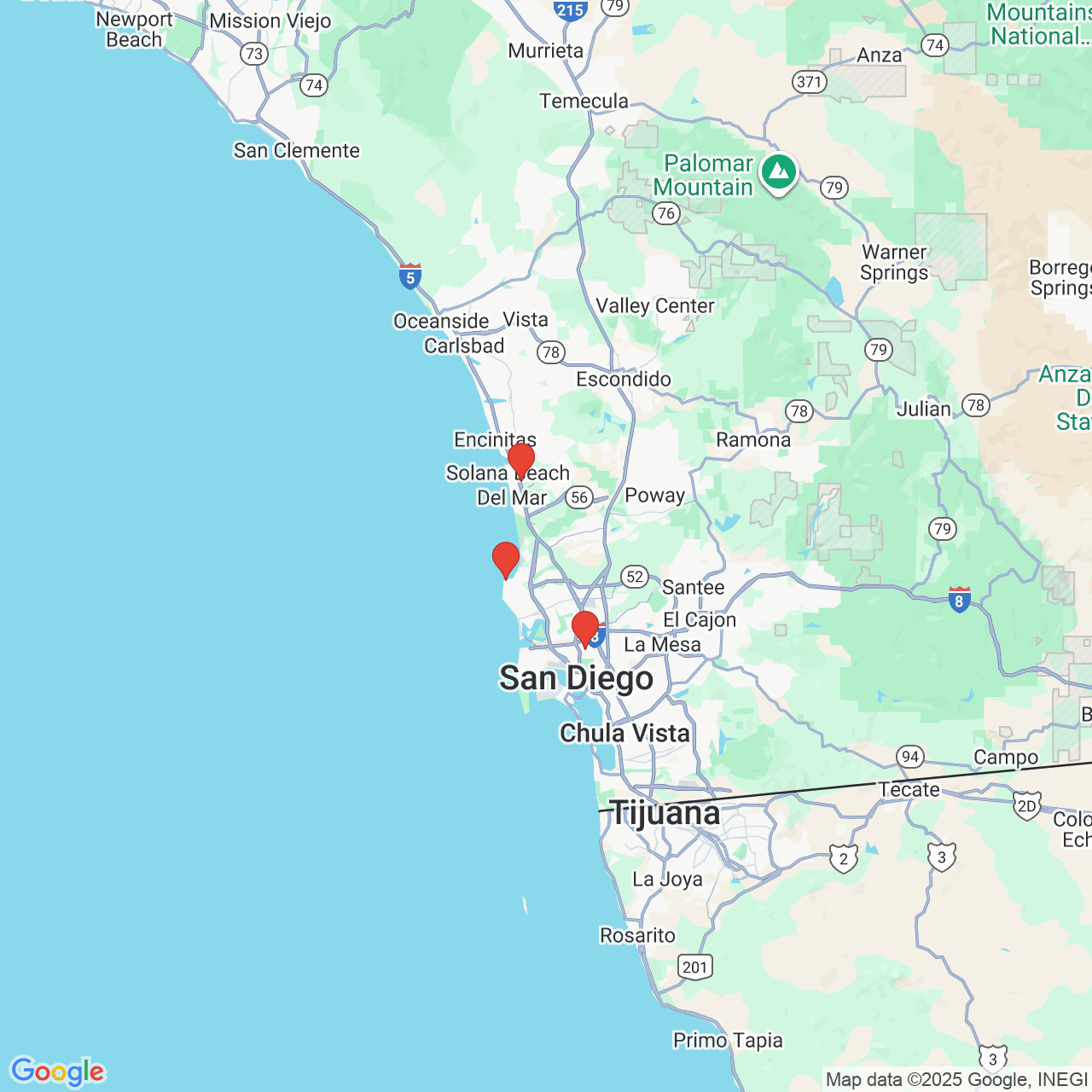How the Sun Can Damage the Eyes

The fact that sun exposure damages the skin is no secret. But the sun’s rays can also have a significant impact on your eyes, as well. Temporary effects can include photokeratitis (snow blindness), while long-term issues may include cataracts and other serious eye conditions – even cancer. Here, our skilled and knowledgeable optometrists at GW Eye Associates in La Jolla, CA, explain how the sun can damage the eyes and offer some recommendations for shielding your eyes from the sun’s harmful rays.
How Sunlight Affects the Eyes
There are three types of UV radiation emitted by the sun: UVA, UVB, and UVC. The third is the most dangerous but is fortunately absorbed by the earth’s ozone layer before reaching the surface.
However, UVB rays do bypass the ozone layer. These rays are responsible for tanning your skin. Overexposure to UVB rays can cause conditions such as surfer’s eye or snow blindness.
UVA rays can pass through the corneal layer of the eye and reach the lens and retina. Overexposure to UVA rays can eventually lead to cataracts, macular degeneration, and other eye problems.
While UV rays can lead to eye damage, some sun exposure can actually be a good thing. Natural sunlight can help regulate the body’s sleep-wake cycle and reduce insomnia. One research study conducted by The Ohio State University College of Optometry found that children who spend more time outdoors are less likely to develop nearsightedness.
Factors that Affect Sun Damage Risk
Certain factors can exacerbate the damage done by excessive sun exposure, including:
- Time of day: UV rays are stronger during peak hours. Our Carmel Valley, CA, optometrists recommend limiting sun exposure between the hours of 10:00 AM and 2:00 PM.
- Geographical location: Individuals who live closer to the equator are more exposed to UV radiation.
- Open spaces: Spending time in open spaces raises your risk of UV radiation. Snow, sand, and bodies of water can double your risk due to the reflection of harmful rays.
- Altitude: UV rays are stronger and more intense in high-altitude areas. As a result, individuals who live in the mountains have a higher risk of sun-related eye damage.
- Certain medications: Some drugs can exacerbate light sensitivity. Examples include diuretics, birth control pills, tetracycline, and other medications. Talk to your doctor about any side effects before incorporating a new medication into your regimen.
- Age: The effects of UV exposure are cumulative. Therefore, risk increases as you grow older.
Protecting Your Eyes from UV Exposure
To protect your eyes from sun damage, sunglasses are a must. Just be sure you choose a pair with 100 percent UVA and UVB protection. There are plenty of affordable options available at any department store. If you are thinking about a pair of prescription sunglasses, we can complete a custom fitting for you at our practice.
Contact Our Practice to Learn More
No matter the season, taking the proper precautions can help you protect your eyes from sun damage. To learn more, or to schedule an appointment at our San Diego, CA, practice, call us at (858) 454-4699 or contact us online anytime.


